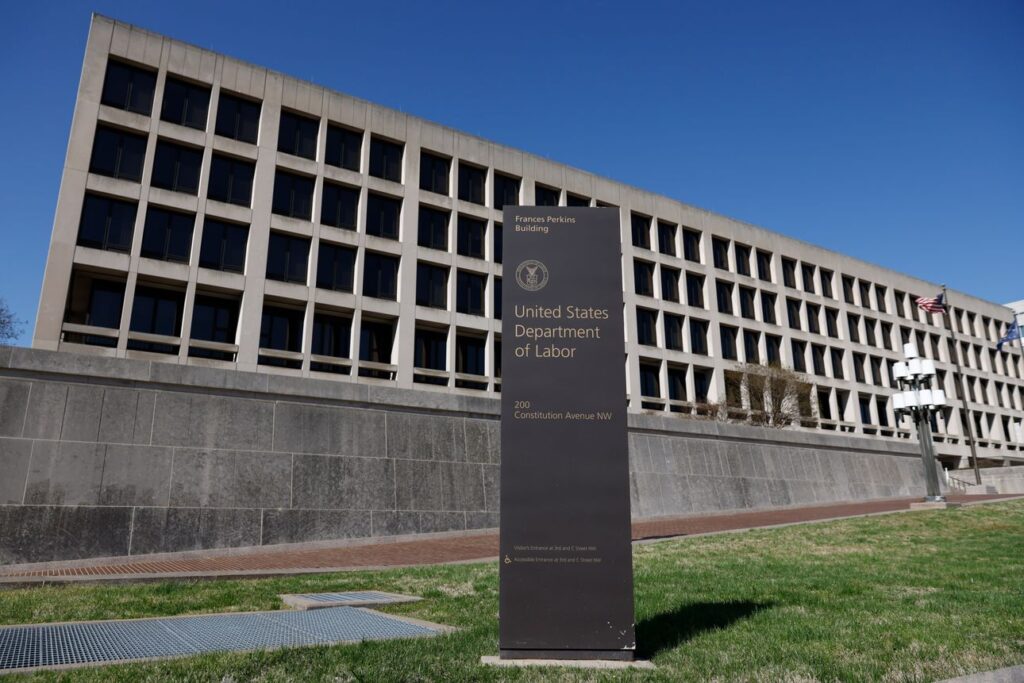People used Social Security numbers from dead and imprisoned to get money from programs meant to help those laid off during pandemic
A government monitor reported that criminals plundered an estimated $45.6 billion by filing bogus unemployment insurance claims for persons put off during the Covid-19 outbreak.
The latest figure nearly triples last summer’s estimate of more than $16 billion in illicit payments.
Individuals claiming for benefits in multiple states accounted for more than half of the possible fraud uncovered between March 2020 and April 2022. Fraudsters also used the Social Security numbers of persons who were deceased or in prison, as well as dubious email addresses, according to a report released Thursday by the Labor Department’s inspector general’s office.
According to the study, over 1,000 persons have been charged with offenses related to unemployment insurance fraud since March 2020.
The inspector general’s office stated that it did not have access to the most current federal prisoner data for its report and focused on other high-risk areas of fraud.
The pandemic unemployment insurance program started in March 2020 and gave those who lost their jobs an extra $600 a week in federal aid at first, which was later reduced to $300 a week. The supplemental benefit expired last year.
More than $872 billion in pandemic aid has been paid out since March 2020, according to the inspector general’s office.
The hundreds of billions in pandemic funds attracted people seeking to exploit the unemployment program, “resulting in historic levels of fraud and other improper payments,” said Larry Turner, inspector general for the Labor Department, in a statement Thursday.
When contacted for comment, a Labor Department representative referred to a letter the agency drafted in response to the probe. According to the letter, the agency agreed with the inspector general’s estimate of an increase in fraud across the United States during the pandemic. The department is also dedicated to developing new tools and techniques to prevent fraud, according to the letter.
The report only addressed a few types of fraud. According to Matt Weidinger, a senior fellow at the right-leaning American Enterprise Institute think tank, the total number of fraudulent payments made during the pandemic is likely significantly greater.
“While these [numbers] are surprising and massive, they fall far short of what we expect,” he said.
In total, almost 19% of unemployment insurance money was misspent during the pandemic, up from around 9% before the pandemic, according to a Government Accountability Office report released in June. Some of that overspending was likely due to people who mistakenly were sent benefits after they had returned to work rather than outright fraud, the report said.

In a March testimony before Congress, Mr. Turner stated that such a high incorrect payments percentage means around $163 billion in overpayments, “with a major portion related to fraud.”
Soon after the pandemic struck in early 2020, states across the country began to contend with unemployment fraud. One reason states were more exposed to fraud was the rise in jobless claims, which reached record highs at the start of Covid-19.
Many states also entered the epidemic with out-of-date technology, leaving them unprepared to detect and eliminate false claimants.
Criminals frequently seek for benefits using stolen Social Security numbers, birth dates, and other personal information. Many states temporarily froze unemployment benefits due to fraud, affecting hundreds of thousands of applications, including valid ones for laid-off workers.
Lawmakers from both parties agreed that the report should motivate state and federal agencies to improve fraud prevention in the future.


